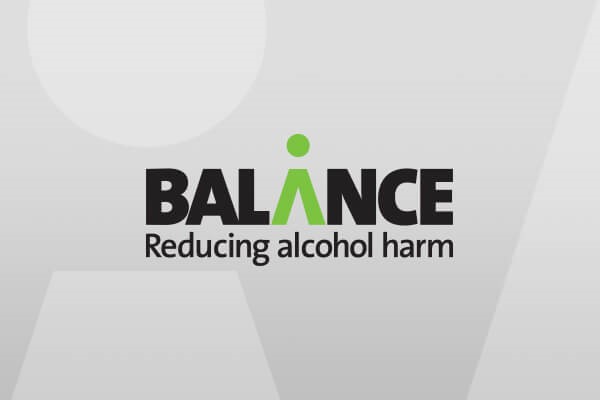Balance backs call for minimum price
Recommendations by NICE that Government support the introduction of a minimum price per unit of alcohol, have been welcomed by Balance, the North East Alcohol Office.
In the North East one in three men and one in four women drink at levels of increasing risk, we have the highest level of alcohol related hospital admissions and almost half of all violent crime is alcohol related. A minimum price is key to solving the UK’s problem with alcohol, says Balance.
“It’s no coincidence that alcohol has never been more affordable or widely available than it is now,” said Dave Hogg, Crime and Disorder Programme Manager for Balance.
“Information, education and individual responsibility are clearly all part of tackling our serious problem with alcohol, but we cannot ignore the clear link between alcohol price and consumption and need to address the widespread availability of cheap alcohol.
“A minimum price is about ensuring alcohol is not available for pocket money prices. It will have greatest effect on strong, cheap alcohol, for instance, the introduction of a minimum price would have no effect on the average price of a pint in your local.”
Research carried out by the University of Sheffield shows that a minimum price of 50p per unit would cut consumption and consequentially deaths, crimes and hospital admissions and reduce the economic burden.
Balance supports a number of other recommendations set out in the NICE guidance, including protecting children from the effects of alcohol advertising and giving local authorities more power to refuse applications for new licenses by allowing them to take public health and ‘need’ into consideration.
Dave added: “Over the 2007-2009 period there was a net increase of at least 300 licensed premises in the North East. Many of our local communities do not understand why their elected representatives cannot object to licences on the grounds that the area has enough licensed premises. We need legislation to grant local authorities greater powers to benefit their communities.”
